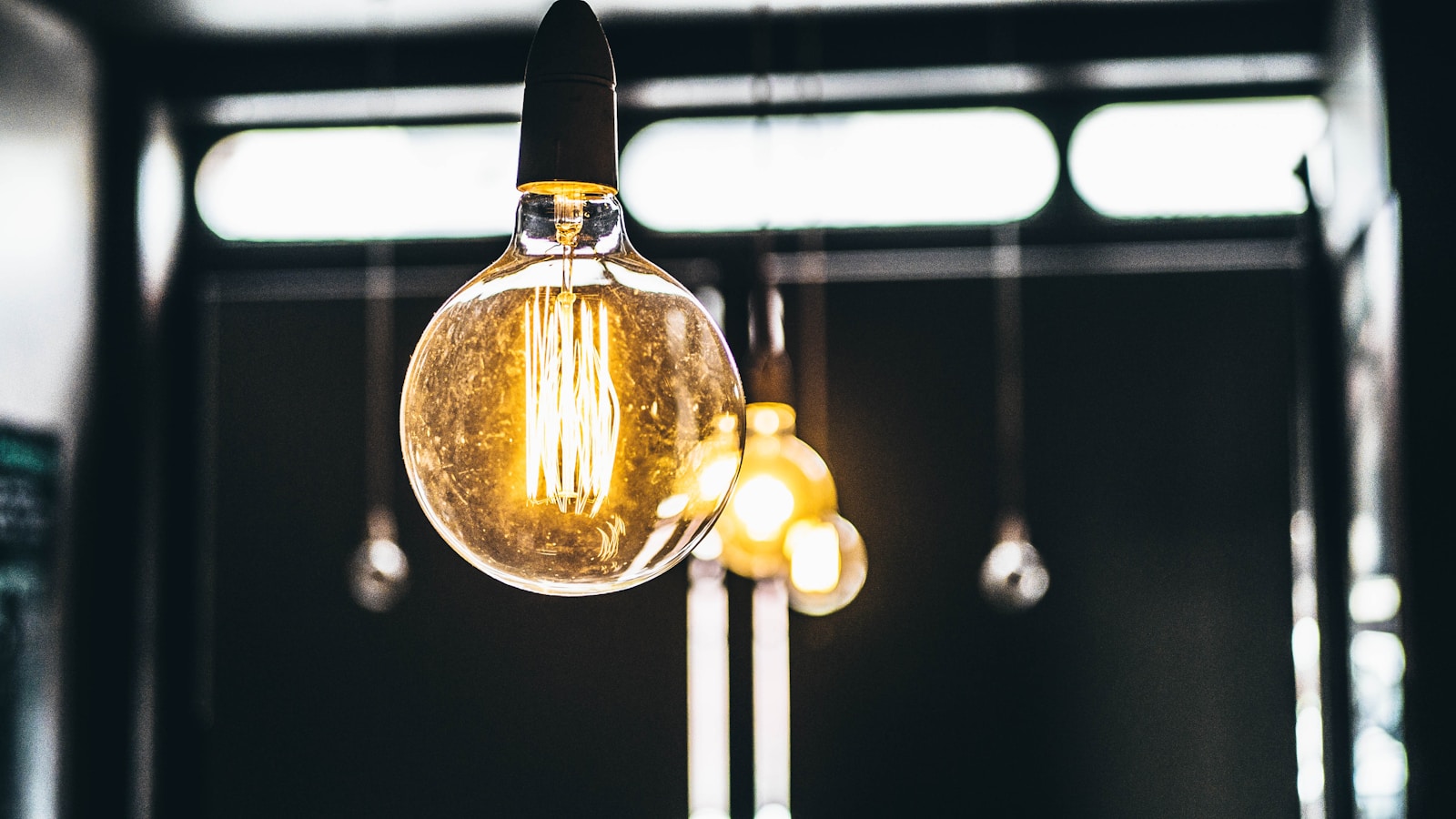Electricity is an essential part of modern life, powering everything from lights and refrigerators to computers and air conditioners. However, despite its many benefits, electricity can also be dangerous if not used properly. Electrical accidents can cause fires, injuries, or even death. Therefore, it is important to understand how to stay safe with electricity at home. This essay will explore key safety tips, common hazards, and preventative measures that every household should follow. If you need an electrician salt lake Utah we recommend Proton Electric.
Understanding the Risks
The first step in electrical safety is recognizing the potential dangers. Common household electrical risks include exposed wires, overloaded outlets, faulty appliances, and water coming into contact with electrical devices. Children and pets are especially vulnerable to these hazards. Even a simple act like plugging in a device with wet hands can lead to a serious electric shock.
Safe Use of Electrical Appliances
One of the easiest ways to stay safe is to use electrical appliances correctly. Always read and follow the manufacturer’s instructions. Unplug appliances when not in use, especially those that generate heat, such as irons, toasters, or space heaters. Check cords and plugs regularly for signs of damage, and never use an appliance with a frayed or exposed wire. Avoid placing appliances near sinks, bathtubs, or other sources of water to prevent electrocution.
Avoiding Overloads
Overloading outlets is a common cause of house fires. Each outlet is designed to handle a specific amount of power. Plugging too many devices into one outlet or using multiple extension cords can lead to overheating and potentially ignite a fire. Use power strips with built-in circuit breakers, and never daisy-chain multiple strips together. Spread out electrical devices among different outlets to reduce the load on a single circuit.
Keeping Water Away from Electricity
Water and electricity are a dangerous combination. To prevent accidents, never use electrical devices in wet conditions. Dry your hands before touching any electrical switch or appliance. In kitchens and bathrooms, use Ground Fault Circuit Interrupters (GFCIs), which automatically shut off power when they detect a leak in current. GFCIs are particularly important in areas with high moisture levels.
Childproofing Electrical Sources
Homes with children need extra precautions. Install outlet covers or safety plugs on unused outlets to prevent children from sticking objects into them. Keep cords out of reach and teach children about the dangers of electricity from a young age. Never leave cords where they can be tripped over or chewed by pets.
Hiring a Qualified Electrician
While some minor electrical tasks may seem simple, it is best to leave electrical repairs and installations to professionals. A qualified electrician can ensure that wiring, circuit breakers, and other components meet safety standards. DIY electrical work can lead to serious mistakes and violations of local building codes.
Conclusion
Electricity, when used wisely, is both safe and convenient. However, ignoring basic safety rules can lead to disastrous consequences. By understanding the risks, using appliances safely, avoiding overloading, keeping water and electricity apart, protecting children, and calling professionals when needed, homeowners can significantly reduce the risk of electrical accidents. Safety with electricity is not just a personal responsibility—it protects the whole household.
